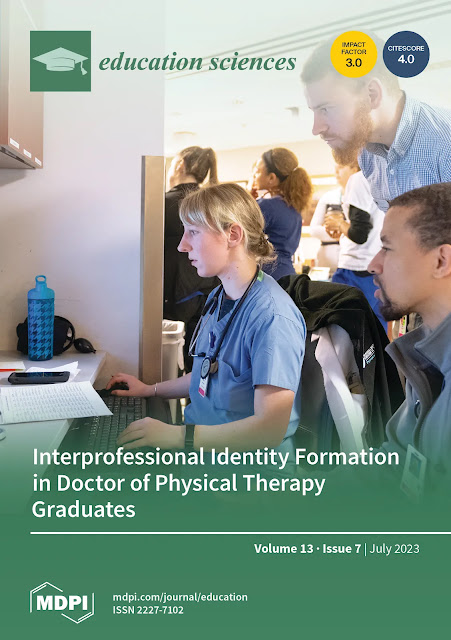I was born in Belo Horizonte, Brazil, and came to the United States after I finished college and received a bachelor’s in biological sciences. I lived in New York City, where I received my masters and PhD in social work. For a decade, I was a professor at Columbia University, and then I moved to Michigan, Ann Arbor. At the University of Michigan, I am the University Diversity Social Transformation Professor, Berit Ingersoll-Dayton Collegiate Professor of Social Work, and Associate Dean for Research and Innovation, Social Work. I also have an appointment at the Theater and Drama, School of Music, Theater & Dance.

My research focuses on finding academic, sociopolitical, and cultural venues for broadcasting voices of oppressed individuals and groups. Funded by the National Institutes of Health (NIH), my community-engaged research focuses on the impact of interprofessional collaboration on the delivery of evidence-based services (HIV and drug-use prevention and care) to marginalized racial/ethnic and sexual minorities in the United States and Brazil. This research has illuminated specific factors, notably, interprofessional collaboration, that facilitate access to myriad social, medical, and public health services.*
I have conducted art-based and artistic research. For example, with collaborators funded by National Institute of Health (NIH) (PIs: Windsor, Benoit, Pinto), we have developed and tested interventions that use illustrations to spark critical dialogues among formerly incarcerated men with substance use disorders.**
I performed Marília, a one-person play, on New York City's Theatre Row in 2015 and at the University of the Free State in Bloemfontein, Vrystaat, South Africa in 2016. In Marília, I explore the tragic death of his 3-year-old sister and how it haunts and inspires the family she left behind. Marília won the United Solo Festival Best Documentary Script. Funded by the University of Michigan Office of Research and several other sources, I built the Realm of the Dead, an art installation to investigate my own marginalization as a gender non-confirming, mixed-race, and Latinx immigrant.*** I performed the Realm of the Dead in 2021 at the University of Michigan as part of the centennial celebration of the School of Social Work, and in 2022 as the featured artist at a2ru’s national annual conference.
Dr. Rogério Meireles Pinto bio (including contact information) at the University of Michigan: https://ssw.umich.edu/faculty/profiles/tenure-track/ropinto
REFERENCES
*Pinto, R. M., Kay, E. S., Choi, C. J., & Wall, M. (2020). Interprofessional Collaboration Improves the Odds of Educating Patients about PrEP Over Time. Journal of General Internal Medicine, 35(5), 1444-1451. doi: 10.1007/s11606-019-05616-0
*Pinto, R. M., Kay, E. S., Choi, C. J., & Wall, M. (2019). Interprofessional Collaboration Improves Linkages to Primary Care: A Longitudinal Analysis. AIDS Care, 32:8, 970-978, DOI: 10.1080/09540121.2019.1668537doi.
*Pinto, R. M., Witte, S., Filippone, P., Choi, J., & Wall, M. (2018). Interprofessional Collaboration and On-the-Job Training Improves Access to HIV Testing, Primary Care and Pre-Exposure Prophylaxis (PrEP). AIDS Education and Prevention, 30, 6.
*Pinto, R. M., Rahman, R., Zanchetta, M. S., & Galhego Garcia, W. (2021). Brazil’s Community Health Workers Practicing Narrative Medicine: A Service Consumer Perspective. Journal of General Internal Medicine. https://doi.org/10.1007/s11606-021-06730-8
** Windsor, L., Benoit, E., Pinto, R. M., Sarol, J. (2022). Optimization of a new adaptive intervention using the SMART Design to increase COVID-19 testing among people at high risk in an urban community. Trials, 14;23(1):310. doi: 10.1186/s13063-022-06216-w. PMID: 35421999; PMCID: PMC9009493.
*** Pinto, R. M. (2022). Realm of the Dead: A Mixed-Media Installation Performance. Ground Works. https://groundworks.io/journal. © 2022 by Rogério Meireles Pinto is licensed under CC-BY-NC-ND 4.0. Published: September 20, 2022. DOI https://doi.org/10.48807/2022.0.0105









